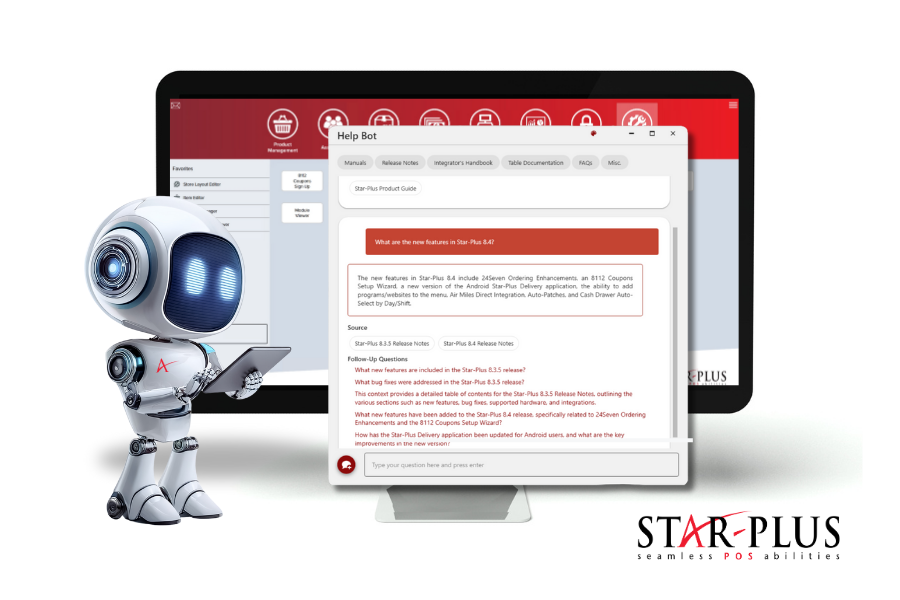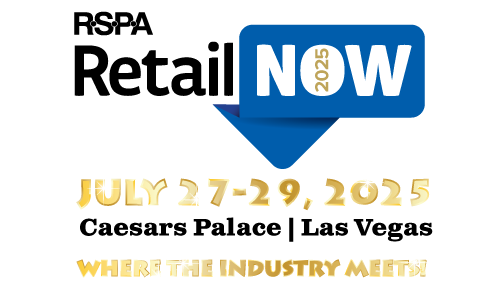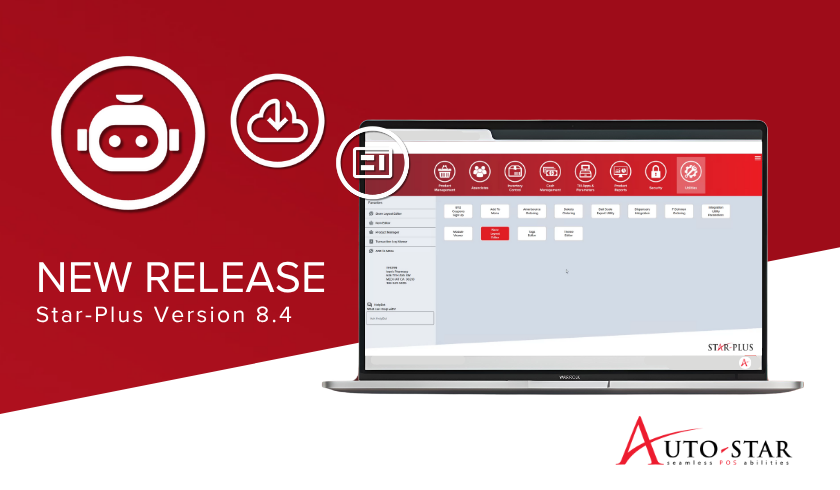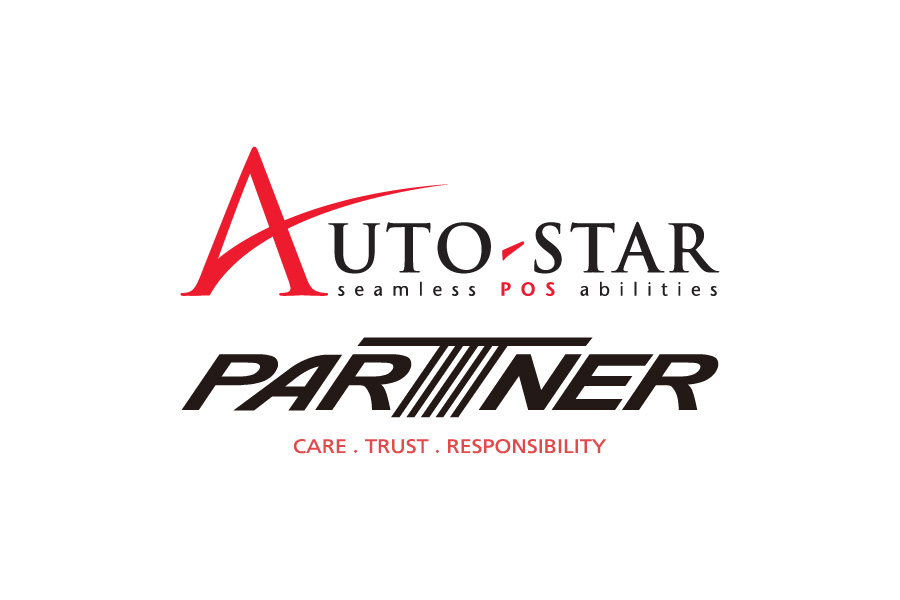Key Tips to Increasing Employee Productivity
It’s been a tough few years for small businesses. Government lockdowns that disproportionately affected small businesses, erratic quarantine and contact tracing policies, global supply chain issues, and customers who are just as frustrated by it all as you are have led to a challenging work environment for retail workers.
You can see it on your employees’ faces. They are tired. Tired employees are less productive and do not build good relationships with your customers.
Retail employees are leaving their jobs en masse. Employee turnover across all industries is higher than normal, but retail is experiencing a staggering 57.3% turnover. This high turnover is expensive for your business. So let’s look at a few ways you can motivate your employees and keep them working in a way that inspires and challenges them.
Tips for Motivating Retail Employees
1. Make Work More Interesting
Easy monotonous work is mind-numbing and tedious. It makes an unmotivated employee even less engaged. Customers pick up on the vibe an unengaged and disinterested employee sends out.
Eliminate any repetitive tasks that can be completed by a computer, like memorizing hundreds of PLU codes or flipping through reference charts that can clutter a check-out lane. An intuitive POS system with a graphical interface can reduce the time it takes to train new employees. Once trained, those employees can focus on engaging with the customer during checkout instead of getting frustrated at the POS system.
All easy, repetitive tasks that can be automated by an IT solution should be. Employees need to be trained to spend their time and attention on higher-level, more complex tasks like educating customers and providing excellent customer service and satisfaction. These more involved tasks will engage your employees and increase their level of satisfaction with their work and make it more likely they will stay with you longer.
2. Make Work Fun
Food is fun. Coffee, donuts, and bagels with your morning team briefing can get the day started right. Cupcakes in the break room to celebrate birthdays can show employees you value them.
If your business sells food, make a point of sampling some of the more interesting food items with your employees and taking time to educate them about those products.
Consider closing your business for a day and taking your employees out for a meal together or for a team-building day trip. Think of it as a field trip. You can visit another business in your industry but in a different geographic location.
Spending some of your time and money to let your employees know that you genuinely value them can go a long way toward increasing productivity and keeping your employees.
3. Schedule reasonably
As a business owner, you know you’re never really off duty, and crazy schedules are just a part of life. But for your employees, a job with your business will always be a job. No matter how meaningful and fulfilling the job.
Giving employees consistent and reliable work schedules will eliminate a majority of complaints. Managing any kind of work-life balance is made extremely difficult if employees don’t have enough notice when they need to come to work. Take the time to sit down and talk with your employees and listen to their scheduling needs. Find out straight from the horse’s mouth, as it were, exactly what the employee needs and wants when it comes to their work schedule.
Accommodating employee requests can be a massive headache without the right software to keep things organized. Find a system that syncs with your POS and makes it easy for you to pull customer count reports across multiple locations to better project staffing needs. Or manage employee requests for branch transfers or relocations for shifts with a centralized employee module that enables managers to monitor employee logins and system access.
4. Let employees take ownership
Knowing that we have responsibility for something is a great motivator. Giving your employees responsibility for a business process can get them more engaged. For example, putting an employee in charge of your cheese section and sending them to the cheese makers to learn how the cheese is made is a great way to develop a young employee. The same concept can be applied to any retail business. The more your employees know about your product, the better equipped they are to build long-lasting connections with your customers.
5. Recognize a job well done
Call out your employees. If you catch them doing something good, praise them for it. If an employee achieves an objective set by HQ or the two of you or is going above and beyond regularly, take the time to recognize them for it. Recognize them in front of your other employees as much as you can. Make the recognition something substantial that they will remember.
6. Lead the way
You will never be able to lead your employees beyond your own willingness to set an example. If you are unmotivated and unproductive, your employees will be as well. If your employees know that you think specific jobs are beneath you, they will feel the same. Don’t ask your employees to perform any task you are unwilling to do.
Treat your employees with the same respect and joy you show your customers, and they will follow your example.
The Carrot and the Stick
People are generally motivated by two things: rewards and avoiding discipline. Rewards for reaching goals can be a powerful motivator. But a healthy fear of failure can be even greater. Making sure employees understand the consequences of non-performance can keep everybody working hard. No one wants to work in a place with no consequences for poor behavior. On the other hand, managers can use performance reports for individual employees as motivation and incentivization to gamify different positions based on scans, sales, or other data.
The carrot and the stick must be balanced. Overusing one or the other can result in a loss of productivity. When employees know they will be rightly rewarded for good work and could face demotion or other consequences for poor work, most will put in their best effort.
Monitor Motivation
Small businesses must find ways to keep their teams motivated and productive. Monitoring the right productivity key performance indicators (KPIs) can help employers put data to the best use to keep employees motivated. Measuring KPIs like self-discipline and communication effectiveness can help employees stay in front of any motivational factors that may be lurking unnoticed below the surface. Always welcome feedback from employees. Let them know you’re listening and honor them by implementing their good ideas.












